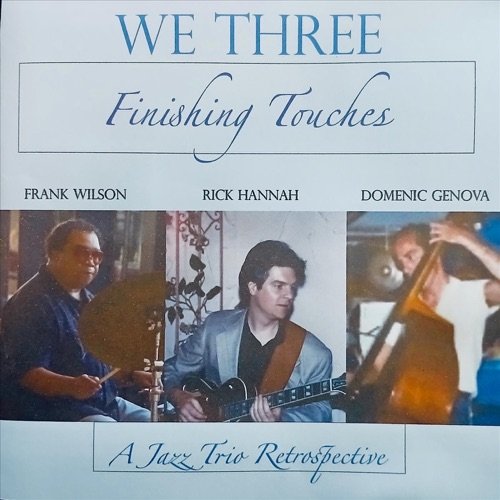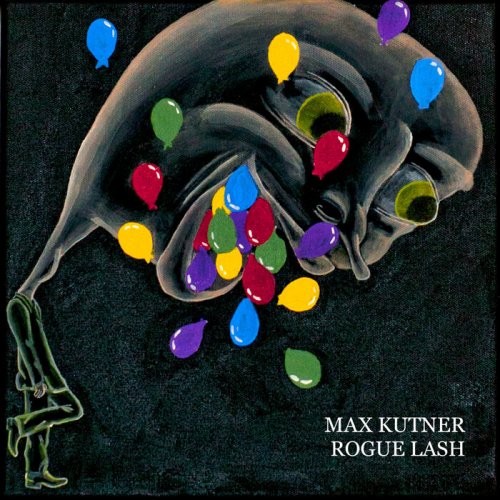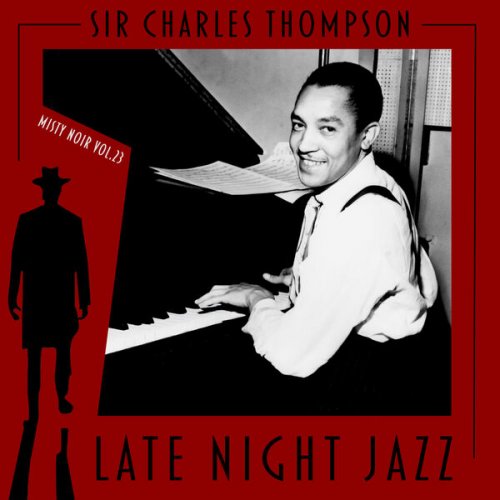Mitch Ryder - All The Real Rockers Come From Detroit (1980) Vinyl Rip
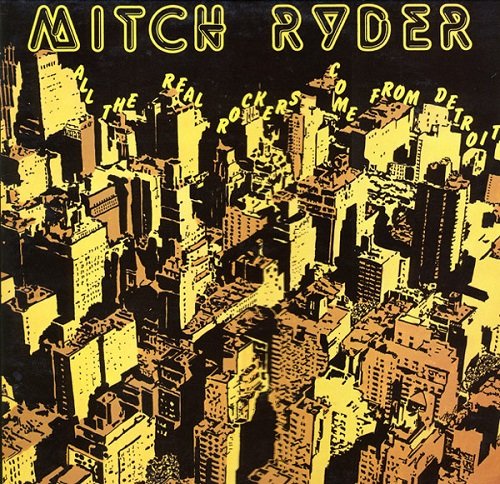
Artist: Mitch Ryder
Title: All The Real Rockers Come From Detroit
Year Of Release: 1980
Label: Underdog
Genre: Garage Rock, Blues Rock, Rock & Roll, Blue-Eyed Soul, Rhythm & Blues
Quality: Flac (tracks, 16/44,1)
Total Time: 31:32
Total Size: 225 Mb (scans)
WebSite: Album Preview
Title: All The Real Rockers Come From Detroit
Year Of Release: 1980
Label: Underdog
Genre: Garage Rock, Blues Rock, Rock & Roll, Blue-Eyed Soul, Rhythm & Blues
Quality: Flac (tracks, 16/44,1)
Total Time: 31:32
Total Size: 225 Mb (scans)
WebSite: Album Preview
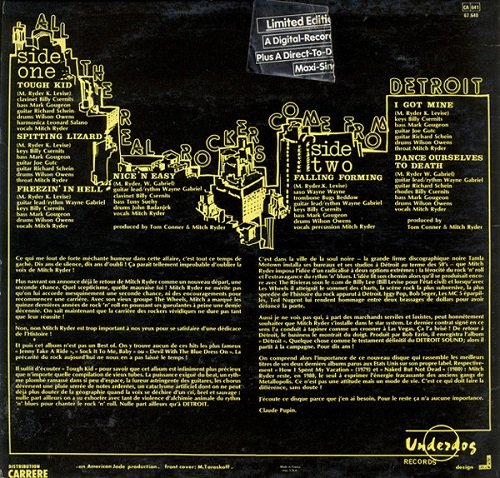
Tracklist:
01. Tough Kid
02. Spitting Lizard
03. Freezin' In Hell
04. Nice And Easy
05. Falling Forming
06. I Got Mine
07. Dance Ourselves To Death
Ryder is noted for his gruff, wailing singing style and his dynamic stage performances. He was influenced by his father, a musician. As a teenager, Ryder sang backup with a black soul-music group known as the Peps, but racial animosities interfered with his continued presence in the group.
Ryder formed his first band, Tempest, when he was at Warren High School, and the group gained some notoriety playing at a Detroit soul music club called The Village. Ryder next appeared fronting a band named Billy Lee & The Rivieras, which had limited success until they met songwriter / record producer Bob Crewe. Crewe renamed the group Mitch Ryder & The Detroit Wheels, and they recorded several hit records for his DynoVoice Records and New Voice labels in the mid to late 1960s, most notably "Devil with a Blue Dress On", their highest-charting single at number 4, as well as "Sock It to Me, Baby!", a number 6 hit in 1967, and "Jenny Take a Ride!", which reached number 10 in 1965. The Detroit Wheels were John Badanjek on drums, Mark Manko on lead guitar, Joe Kubert (not to be confused with the comic book illustrator of the same name) on rhythm guitar, Jim McCarty (not to be confused with the Yardbirds drummer of the same name) on lead guitar and Jim McAllister on bass. Ryder sadly would be the last person to perform with Otis Redding, they performed the song "Knock On Wood", December 9, 1967, in Cleveland, Ohio, on a local T.V. show called "Upbeat". Redding and 4 members of his touring band, The Bar-Kays, would perish in a plane crash near Madison, Wisconsin the following day, December 10, 1967.
Ryder's musical endeavors would see less success after the early 1970s. Ryder's participation with the Detroit Wheels ended just as the counterculture was becoming dominant in 1968. During 1968, trumpeters Mike Thuroff and John Stefan were hired to tour with his horn section and band. Thuroff and Stefan also recorded the trumpet parts of Ryder's song, "Ring My Bell." This song was not permitted to be played by radio in many states due to its sexual innuendos. Ryder had one hit single from that period, a cover version of "What Now, My Love". His last successful ensemble band was Detroit. The only original Wheel in the group was the drummer John Badanjek; other members were guitarists Steve Hunter, Robert Gillespie, and Brett Tuggle, organist Harry Phillips, and bassist W.R. Cooke. A single album was released by this grouping, a 1971 self-titled LP issued on Paramount Records (US #176 in 1972). They had a hit with their version of the Lou Reed-penned song "Rock & Roll", which Reed liked enough to ask Steve Hunter to join his backing band.
According to allmusic.com (which calls Ryder "the unsung hero" of Michigan rock and roll), Ryder withdrew from music after experiencing throat trouble, moving to Colorado with his wife and taking up writing and painting. In 1983, Ryder returned to a major label with the John Mellencamp-produced album Never Kick a Sleeping Dog. The album featured a cover version of the Prince song "When You Were Mine," which was Ryder's last score on the Billboard Hot 100.
Ryder formed his first band, Tempest, when he was at Warren High School, and the group gained some notoriety playing at a Detroit soul music club called The Village. Ryder next appeared fronting a band named Billy Lee & The Rivieras, which had limited success until they met songwriter / record producer Bob Crewe. Crewe renamed the group Mitch Ryder & The Detroit Wheels, and they recorded several hit records for his DynoVoice Records and New Voice labels in the mid to late 1960s, most notably "Devil with a Blue Dress On", their highest-charting single at number 4, as well as "Sock It to Me, Baby!", a number 6 hit in 1967, and "Jenny Take a Ride!", which reached number 10 in 1965. The Detroit Wheels were John Badanjek on drums, Mark Manko on lead guitar, Joe Kubert (not to be confused with the comic book illustrator of the same name) on rhythm guitar, Jim McCarty (not to be confused with the Yardbirds drummer of the same name) on lead guitar and Jim McAllister on bass. Ryder sadly would be the last person to perform with Otis Redding, they performed the song "Knock On Wood", December 9, 1967, in Cleveland, Ohio, on a local T.V. show called "Upbeat". Redding and 4 members of his touring band, The Bar-Kays, would perish in a plane crash near Madison, Wisconsin the following day, December 10, 1967.
Ryder's musical endeavors would see less success after the early 1970s. Ryder's participation with the Detroit Wheels ended just as the counterculture was becoming dominant in 1968. During 1968, trumpeters Mike Thuroff and John Stefan were hired to tour with his horn section and band. Thuroff and Stefan also recorded the trumpet parts of Ryder's song, "Ring My Bell." This song was not permitted to be played by radio in many states due to its sexual innuendos. Ryder had one hit single from that period, a cover version of "What Now, My Love". His last successful ensemble band was Detroit. The only original Wheel in the group was the drummer John Badanjek; other members were guitarists Steve Hunter, Robert Gillespie, and Brett Tuggle, organist Harry Phillips, and bassist W.R. Cooke. A single album was released by this grouping, a 1971 self-titled LP issued on Paramount Records (US #176 in 1972). They had a hit with their version of the Lou Reed-penned song "Rock & Roll", which Reed liked enough to ask Steve Hunter to join his backing band.
According to allmusic.com (which calls Ryder "the unsung hero" of Michigan rock and roll), Ryder withdrew from music after experiencing throat trouble, moving to Colorado with his wife and taking up writing and painting. In 1983, Ryder returned to a major label with the John Mellencamp-produced album Never Kick a Sleeping Dog. The album featured a cover version of the Prince song "When You Were Mine," which was Ryder's last score on the Billboard Hot 100.
![Jazz at Lincoln Center Orchestra & Wynton Marsalis - We the People (2026) [Hi-Res] Jazz at Lincoln Center Orchestra & Wynton Marsalis - We the People (2026) [Hi-Res]](https://www.dibpic.com/uploads/posts/2026-02/1772178708_cover.jpg)

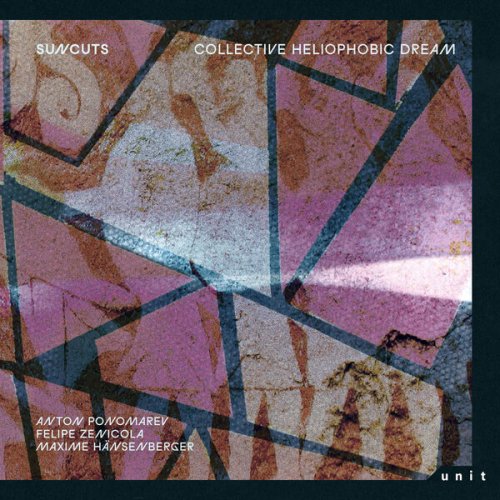
![VA - From the Archive Vol. 3... compiled by Volcov (2026) [Hi-Res] VA - From the Archive Vol. 3... compiled by Volcov (2026) [Hi-Res]](https://www.dibpic.com/uploads/posts/2026-02/1772033794_a3743742618_10.jpg)
